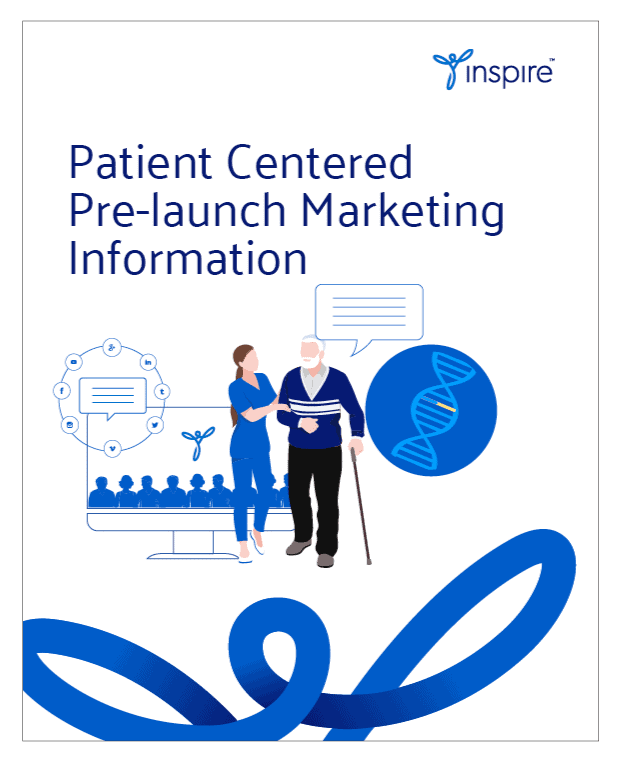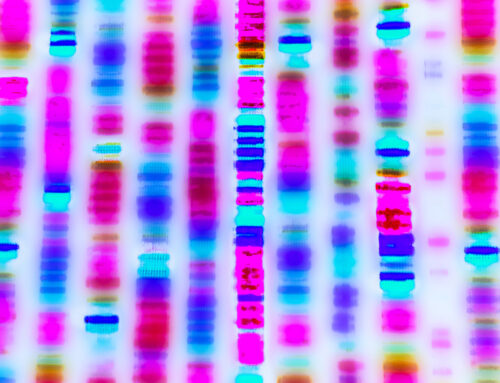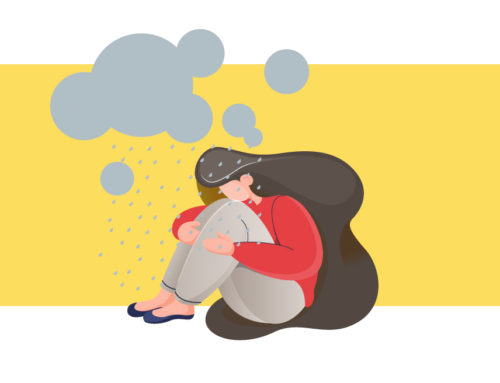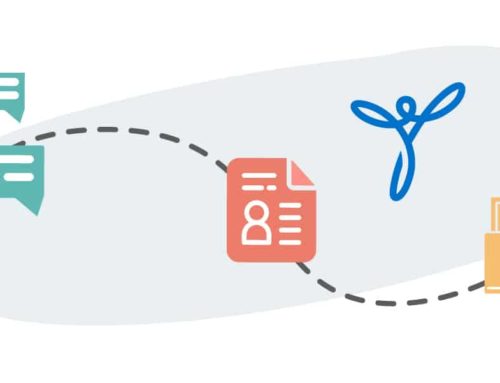Heart to Heart Talks: Inspire Members and Heart Disease
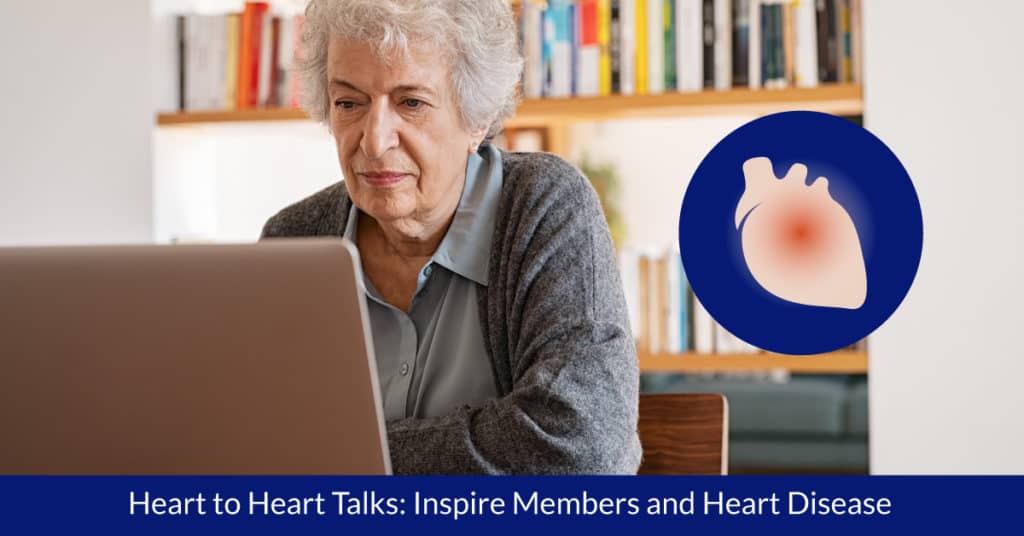
By Kathleen Hoffman, PhD, MSPH
Heart disease is the leading cause of death in the US among men and women, and for most racial and ethnic groups. Responsible for one in four deaths every year, more people die of heart disease than they do of cancer.1 “Heart disease” is a general category, but the most common kind of heart disease in the US, coronary artery disease (CAD), accounts for over half of the fatalities. CAD killed 365,914 people in 2017. Twenty percent of those who die of CAD are under 65 years old.2
While high blood pressure, high cholesterol, obesity and diabetes are all risk factors for heart disease, it can also be congenital or result from other disease.3 There’s no stereotypical heart disease sufferer: old and young, male and female, overweight or not, symptomatic or undiscovered, heart disease is a population-wide health problem. One Inspire member said:
My husband had a heart attack about 1 1/2 years ago. He was the picture of health: eats right, exercises (in fact, the heart attack started in the gym), not overweight, no high blood pressure, and got a clean bill of health at his wellness check-up 4 months before. I’m surprised now at how many people are similar who have a heart attack
Heart Disease and Inspire
Heart disease is being discussed in over 359,000 posts across 20+ Inspire communities. This level of representation presents ample opportunities for members and visitors to find people who have similar diagnoses, questions, and experiences; it also provides a breadth of opportunity for researchers looking for health data at both a macro and micro level. One member was looking for others who had experience with a specific product:
My doctor ordered a [treatment] for I think 2 weeks. Can anyone share their experiences with it?
Another member, wondering about the referred pain of a heart attack, described what happens when they don’t stay on their medication schedule:
At times when I haven’t taken my meds on a scheduled time period that I normally do I will experience arm pain and I always thought it was the blood flow being decreased and not getting to the heart due to the fact that I was off with my meds. Take the meds and a short time later the pain is gone within 10 mins.
Other members may talk about having more than one condition affecting their heart disease, so there is also access to information about comorbidities and treatment:
I had my second mitral valve replacement [date]. I developed a-fib as a result. I also have reactive airway disease.
There are Inspire communities specifically dedicated to heart disease-related issues, one of which is WomenHeart Connect, a heart disease support group and discussion community for women. With an estimated audience size of over 60,000 and with over 166,000 posts, this community is lively for a reason: Women with heart disease experience a different health journey than men.
Research shows that heart disease symptoms may look and feel very different for women.4 For example, women are more likely to have nontraditional symptoms of heart attack, and are also more likely to have silent heart attacks. About one in six women age 20 and older (6.2%) have CAD, and women more frequently develop coronary microvascular disease (MVD).5,6
One member’s post reflects these differences in women’s experiences with both symptoms and diagnoses:
I’m active, regularly exercise, eat healthy. I went to my doctor for some obnoxious left sided neck and shoulder pain, which after examining me she decided was a muscle sprain, but also heard a loud heart murmur so she sent me for an echocardiogram.The echo came back with some abnormalities. A moderately dilated left atrium and grade two diastolic dysfunction. And an atrial aneurism. Went back for my follow up to get my results… It appears I’ve had a silent heart attack at some point in the past 6 months (I had an ekg last year for an unrelated problem and it was fine).
Women’s conversations may reveal specific needs in care that haven’t been addressed. One member sought relief for a post-surgical symptom:
After open heart surgery in [date], I developed a thick scarring keloid. It required me changing underwear styles to not aggravate it, and it still itches and has discomfort on and off all day no matter what and it’s been 8 months. Does anyone have any ideas?
The incidence of heart disease will make it a relevant topic to every demographic. Inspire is a well-established and widespread platform for exploring heart disease topics — whether that exploration is by a person who has just had their first experience of arrhythmia or one who is facing having a valve replacement in the context of a rare disease. Inspire is also a deep well of resources for marketers and researchers in need of both subjective and objective data for any pharma product or treatment because it is possible to drill down to data at any point in the patient journey or with almost any comorbidity. To learn how patient-centric research impacted the marketing for a product with a new indication, read our new case study, “Patient Centered Pre-launch Marketing Information.”
Inspire offers a trusted community to patients and caregivers. Our goal with this blog, this website and our content is to provide the life science industry access to the true, authentic patient voice. In so doing, we support faithful operationalization of patient-centricity. Take a look at our case studies, eBooks and news outlet coverage.
References:
1 National Vital Statistics Reports Volume 68, Number 6, June 24, 2019, Deaths: Leading Causes for 2017 (cdc.gov)
2 Heart Disease Facts | cdc.gov
3 Heart disease – Symptoms and causes – Mayo Clinic
4 Heart attack symptoms | womenshealth.gov
5 Women and Heart Disease | cdc.gov
6 Coronary Microvascular Disease (MVD) | American Heart Association

